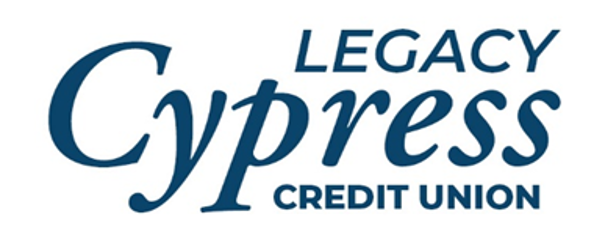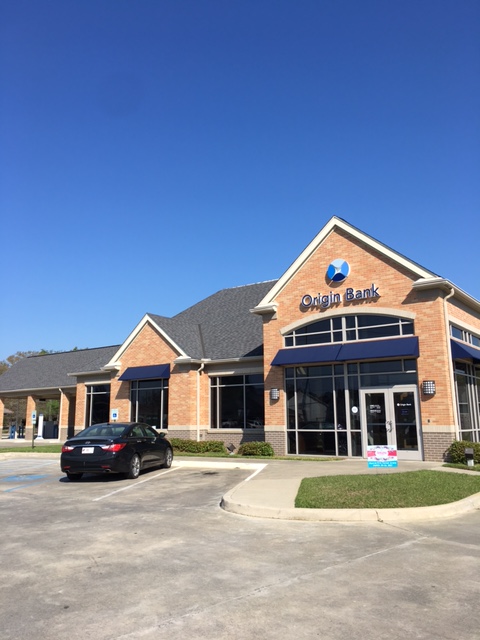20 Excellent Tips For Deciding On Business Portfolio Management Planning
20 Excellent Tips For Deciding On Business Portfolio Management Planning
Blog Article
10 Suggestions For Sustainable Asset And Wealth Investment Management Companies/Firms
Here are 10 detailed guidelines to guide your decision-making and study when you are evaluating companies or businesses that manage wealth or assets. These tips help align your investments with your financial objectives and your beliefs in relation to social, environmental, and governance factors. Each is accompanied by pros and contras for an informed analysis.
1. Verify ESG Integration Methodology
Ask the firm how they incorporate Environmental, Social, and Governance requirements in their investment decision-making.
Pros: aligns the investment with sustainability concepts.
Cons: Some firms "greenwash" their ESG claims by presenting vague assertions.
2. Check ESG Transparency and Reporting
Tips - Ensure that the company has complete ESG reports and discloses the carbon footprint.
Cons: Does not allow for accurate tracking and accountability.
Cons: Certain reports might not be verified or standardised by third party.
3. Look for Independent ESG Certifications
Choose companies certified by B Corp (Board of Certified Companies), PRI (Principles for Responsible Investment) or GRESB.
Pros: Validates the authenticity of sustainability practices.
Cons: Certification doesn't guarantee performance or the depth of ESG integration.
4. Learn about their investment method
TIP: Ask whether the company has exclusionary screenings (e.g. tobacco, fossil fuels) or positive screenings (e.g. clean energy).
Possibilities: Customize portfolios according to your preferences.
Cons: A stringent screening approach could hinder diversification, returns or diversification.
5. Ask about Shareholder Advocacy
Tip: Check to see whether the business is involved in corporate engagement or proxy voting, or if they are involved in the advocacy for sustainable methods.
Pros: Drives real-world impact by ensuring accountability for the company.
Cons: May affect performance in the short-term.
Review the historical financial performance
TIP: Study the return of economic cycles in order to establish the right balance between sustainability, profitability and efficiency.
Cons: Does not confirm the sustainability and performance are compatible.
Cons: ESG tends towards avoiding certain sectors such as oil and mining.
7. Review Asset Allocation Strategy
Tips: Ensure you have a plan that includes sustainable sectors such as renewable energy. Clean tech, healthcare and ethical bonds.
Spreads risk, aligns with values.
Cons: The limited exposure in traditional sectors can affect returns.
8. Have a look at their risk management practices
Tips: Learn the ways ESG risks like regulation or climate change are included in the portfolio modeling.
Pros: Enhances long-term resilience.
Cons: Interpretation of risk metric and validation can be challenging.
9. Evaluation of the Onboarding Process for Clients
It is important to take the time to talk about your financial goals with your firm.
Pros: Provides better aligned Portfolios that are customized.
Cons: Time-consuming in the beginning.
10. Examine ESG Scoring Methodologies
Tip: Find out whether the company is using proprietary or third-party ESG systems (e.g. MSCI, Sustainalytics).
Pros: It provides objectivity or tailored analysis.
Cons: Inconsistencies between scoring systems can cause confusion. Take a look at the top rated wealth management for more advice including bank of new, us bank online account, name of banks, digital bank, us bank login online, bank of credit card, us bank loan, capital 1 financial, us bank accounts, best rated banks in florida and more.
10 Tips On Commercial Banking Accounts For Naples, Florida
There are ten detailed tips for opening an account for business banking in Naples, Florida. Each has a thorough description, pros, cons and other information to help entrepreneurs and small businesses make the right choices for the local economy and the financial climate.
1. You can inquire about the local process for making decisions for loans to businesses.
First Florida Integrity Bank, for example, often decides on lending locally.
Pros : Improved decision-making as well as a better understanding of local economic environment.
Cons: Rates may not be as competitive as those offered by national lenders.
2. Consider an Business Line of Credit if you want to manage your cash flow
Even if you don't require it at the moment opening a credit card can assist in managing seasonal fluctuations or unexpected expenses.
Benefits: Flexible. You only pay for what you utilize.
Cons: Credit history or collateral might be required.
3. Check the ACH and Wire Transfer Capabilities
Tips When you pay contractors, vendors or suppliers electronically ensure that your bank can handle regular ACH and same-day wires.
Cons: It can be a hassle to make massive or frequent payments.
Cons: Prices can be a combination of transaction fees and monthly expenses.
4. Use Positive Pay and Account Alerts to help Fraud Prevention
Tip: Banks like Fifth Third and Wells Fargo offer tools to reduce check and ACH fraud.
Cons: More security for your business finances.
Cons The service is not available for every business account.
5. Cash Deposit Limits How to Avoid Limits on Cash Deposits
Tip: Some banks charge fees for deposits exceeding $5,000-$10,000 per month.
Cons: It can help you determine the costs of banking in businesses with high cash flow.
Cons: Additional charges for high-volume businesses (e.g., restaurant, retail).
6. Choose Business Credit Cards That Provide Rewards
Naples banks offer a range of business credit cards that include cashback, travel benefits, and integrated checking accounts.
Cons: Does not allow you to monitor your spending or establish credit.
Cons: You might require a personal assurance. High APRs for payments not scheduled on a monthly basis.
7. Confirm FDIC or NCUA Insurance Limits
FDIC (banks or credit unions) and NCUA (credit Unions) both offer insurance up to $250,000.
Pros: It protects your company's cash in the event of a the bank's bankruptcy.
Cons: You will need to diversify your portfolio across various institutions.
8. Open an Account with Business Expansion in mind
Tips: If you are planning to expand up to Fort Myers, Miami, or Tampa Consider regional banks such as Truist or Synovus with greater reach.
Benefits: Help when your business expands.
Cons: Larger banks could be more expensive or offer less personalized service.
9. Sign up for a free financial education Events or Networking Activities
Workshops are available at local banks about topics like marketing, cash flow or taxes.
Pros: Networking and training opportunities are free.
Pros: Events can be frequent or targeted at new businesses only.
10. Bring the right documentation to open your account
Tips: Take along the EIN (Employer Identification Number), Articles Of Incorporation (Articles of Corporation) along with your business license and operating contract to start your business in Naples.
Cons: Opening accounts isn't as swift or as successful.
Cons: Rejections or delays if you're missing required documents. Check out the most popular banking near me in Naples FL for blog advice including first bank bank, first financial bank texas, nations bank near me, best banks to bank with in the us, first mid online banking, us online banking account, trustco bank near me, united states bank, first financial customer service, lakeland bank login and more.
